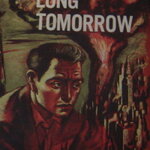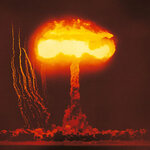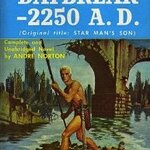
Post-apocalyptic Fundamentalism
Leigh Brackett's The Long Tomorrow is one of many post-apocalyptic novels that envision society returned to a 19th century agrarian state. The rural settings of these novels are commonly used to explore life in a society driven by fear, fear or technology, or change, or those who are different. A society based on fear of technology is what Leigh Brackett explores here.
The Long Tomorrow tells the story of a North American society that, in the wake of nuclear devastation, became essentially Mennonite, since it was the Amish and the Mennonites who were able to…




